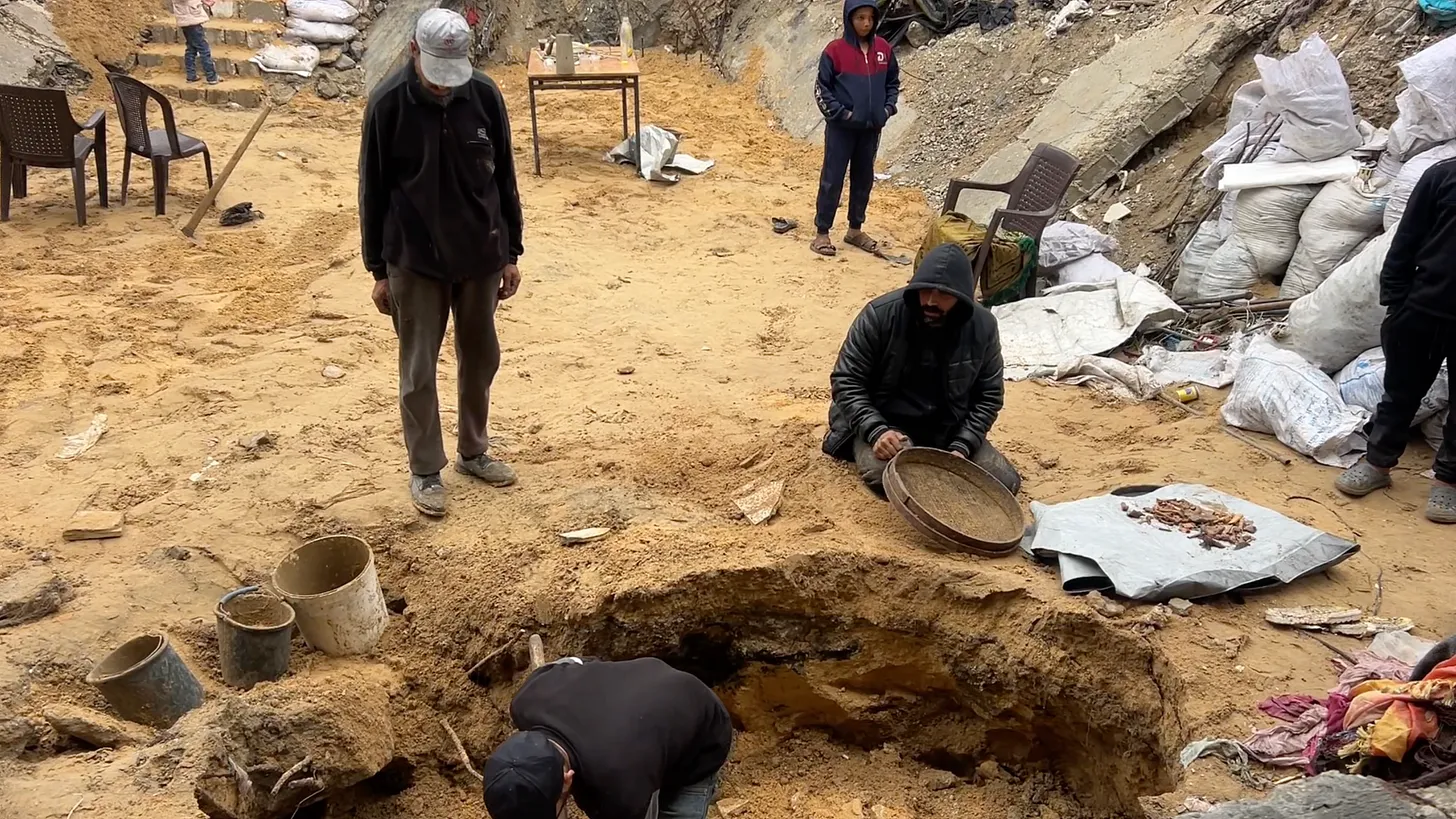The case is the first time that a top Vatican ambassador, or nuncio — who serves as a personal envoy of the pope — has been accused of sexual abuse of minors. It has sent shock waves through the Vatican and two predominantly Catholic countries that have only begun to grapple with clergy sexual abuse: the Dominican Republic and Poland, where Mr. Wesolowski was ordained by the Polish prelate who later became Pope John Paul II.
It has also created a test for Pope Francis, who has called child sexual abuse “such an ugly crime” and pledged to move the Roman Catholic Church into an era of “zero tolerance.” For priests and bishops who have violated children, he told reporters in May, “There are no privileges.”
Mr. Wesolowski has already faced the harshest penalty possible under the church’s canon law, short of excommunication: on June 27, he was defrocked by the Vatican, reducing him to the status of a layman. The Vatican, which as a city-state has its own judicial system, has also said it intends to try Mr. Wesolowski on criminal charges — the first time the Vatican has held a criminal trial for sexual abuse.
But far from settling the matter, the Vatican has stirred an outcry because it helped Mr. Wesolowski avoid criminal prosecution and a possible jail sentence in the Dominican Republic. Acting against its own guidelines for handling abuse cases, the church failed to inform the local authorities of the evidence against him, secretly recalled him to Rome last year before he could be investigated, and then invoked diplomatic immunity for Mr. Wesolowski so that he could not face trial in the Dominican Republic.





 Pressure is mounting on Israel to scrap its plans to expand settlements in the West Bank...
Pressure is mounting on Israel to scrap its plans to expand settlements in the West Bank... For 200 days, Abu Ismail Hammad has been digging beneath his home in Gaza City, painstakingly...
For 200 days, Abu Ismail Hammad has been digging beneath his home in Gaza City, painstakingly... Ukrainian forces repelled major Russian assaults in a single day in the Pokrovsk direction (Donetsk region),...
Ukrainian forces repelled major Russian assaults in a single day in the Pokrovsk direction (Donetsk region),... Israel’s government is deepening a push by far-right ministers to expand its authority and settlements in...
Israel’s government is deepening a push by far-right ministers to expand its authority and settlements in...






























